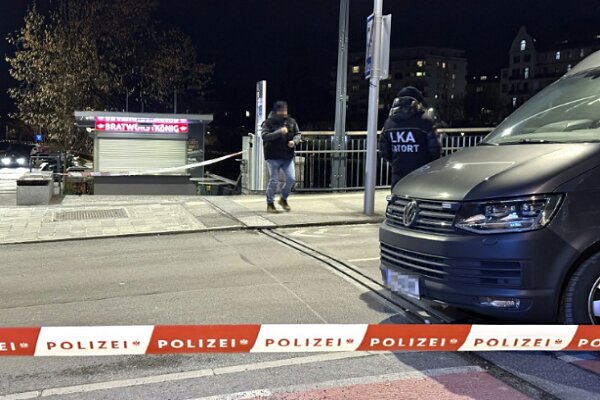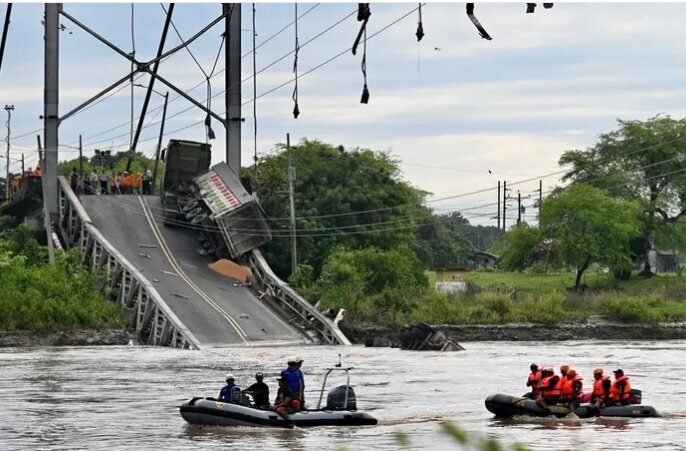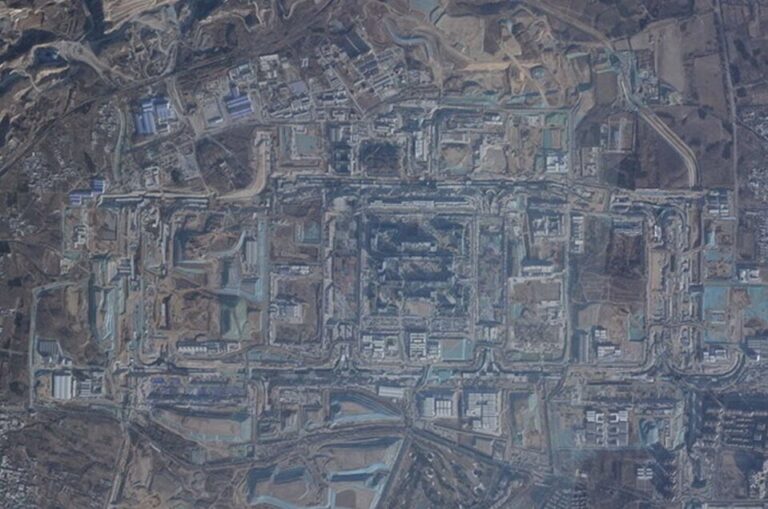Arrest Made in Austria’s Fatal Stabbing: Suspect Captured Following Deadly Attack
The recent surge in violent incidents across Europe has raised concerns about public safety and security. In a shocking event in Austria, a man launched a brutal attack on innocent bystanders, reminiscent of a similar incident in Germany just days prior. This alarming trend highlights the pressing need for enhanced vigilance and community awareness.
According to reports from AFP, the tragic incident occurred in the Austrian city of Villach, where a man wielding a knife indiscriminately targeted passers-by. The attack unfolded shortly after a suspected Afghan asylum seeker drove a vehicle into a crowd in Munich, Germany, resulting in the deaths of two individuals and injuring many others.
Here are the key details surrounding the Villach knife attack:
- Location: Villach, Austria
- Type of Attack: Random knife attack on pedestrians
- Arrest: A 23-year-old Syrian asylum seeker was taken into custody
- Casualties: One victim, a 14-year-old boy, tragically lost his life
Police spokesman Rainer Dionisio provided further insights, stating that the attack was unprovoked, making it all the more shocking for the local community. The incident has sparked outrage and fear among residents, prompting discussions about safety measures and the handling of asylum seekers in the region.
In light of these events, it is essential to consider the broader implications for European countries grappling with immigration and security issues. The rise in violent acts connected to asylum seekers raises numerous questions regarding the effectiveness of current policies and the support systems in place for refugees.
Experts suggest a multi-faceted approach to address these challenges, which may include:
- Enhanced Security Measures: Implementing rigorous security protocols in public spaces to protect citizens.
- Community Engagement: Encouraging dialogue and integration initiatives between locals and immigrants to foster understanding.
- Support Systems: Providing adequate resources and support for asylum seekers to facilitate their transition into society.
- Law Enforcement Training: Equipping law enforcement agencies with the skills to effectively manage and respond to such incidents.
Moreover, the Villach attack raises significant concerns about mental health support for asylum seekers. Many individuals who flee their home countries endure traumatic experiences that may result in heightened anxiety, aggression, or other psychological issues. Ensuring access to mental health services is critical for both the well-being of refugees and the safety of the communities in which they reside.
Additionally, it is crucial to highlight the importance of media responsibility when reporting on incidents involving asylum seekers. Sensationalized narratives can perpetuate stigma and foster xenophobia, making it vital for news outlets to present balanced and factual information.
As Europe continues to grapple with the complexities of migration, the recent events in Austria and Germany serve as a stark reminder of the urgent need for effective policies that prioritize safety while upholding humanitarian values. The balance between security and compassion is delicate, and it requires cooperation among governments, communities, and individuals.
In conclusion, the knife attack in Villach, following the tragic events in Munich, underscores the necessity of addressing the challenges associated with asylum seekers in Europe. By focusing on comprehensive solutions that prioritize security and support, it is possible to create safer communities while honoring the principles of humanity and compassion for those seeking refuge.






